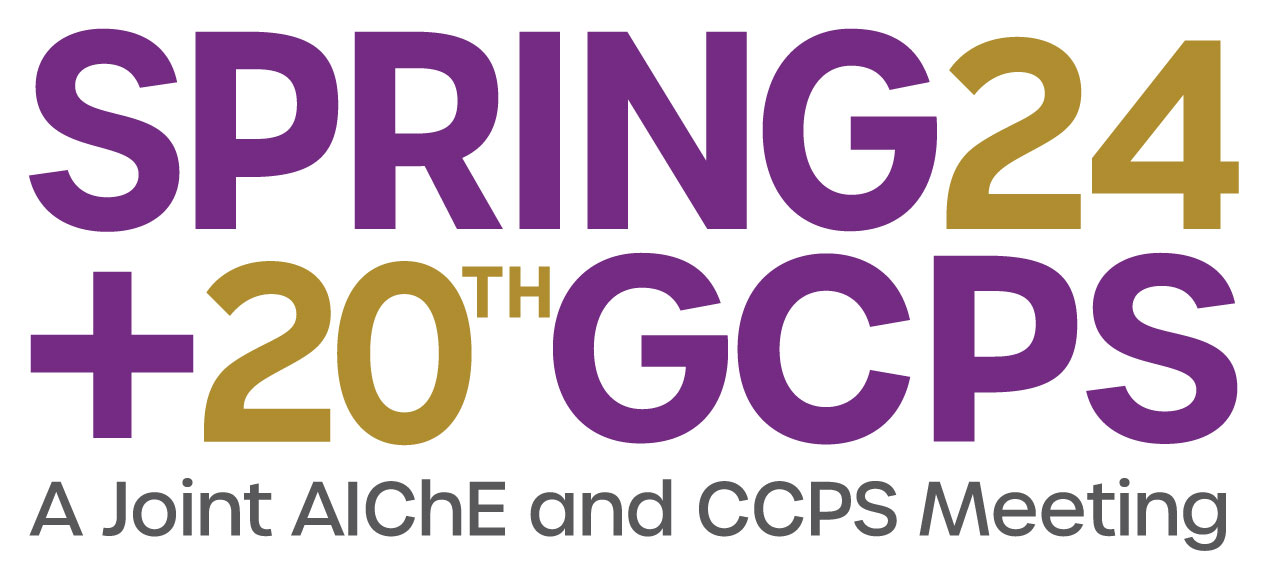

Polyvinyl chloride (PVC) recycling rates are far below than those of polyolefins, such as polyethylene and polypropylene. Moreover, chemical recycling processes are incompatible with PVC, due to the presence of chlorine in the molecule. These concerns spur us to develop an upcycling methodology to profitably upcycle waste PVC to a wax product, and sequester chlorine as sodium chloride salt. Our proposed process proceeds via a tandem dechlorination and hydrogenation process. In this context, the dechlorination is catalyzed by a base and takes place homogeneously. The poly-ene macromolecule that is formed by the dechlorination is then hydrogenated to a polyethylene-like molecule over a heterogeneous catalyst, such as Pt or Pd. The dechlorination is driven by the partitioning of amine bases into the polymer phase, while the hydrogenation competes with C-C bond scission over the heterogeneous catalyst, as well as homogeneous char formation. By tuning the reaction conditions, we are able to suppress side reactions and produce waxes at 78% yield.
Presenter(s)
Language
Pricing
Individuals
| AIChE Member Credits | 0.5 |
| AIChE Pro Members | $19.00 |
| Fuels and Petrochemicals Division Members | Free |
| AIChE Graduate Student Members | Free |
| AIChE Undergraduate Student Members | Free |
| AIChE Explorer Members | $29.00 |
| Non-Members | $29.00 |
